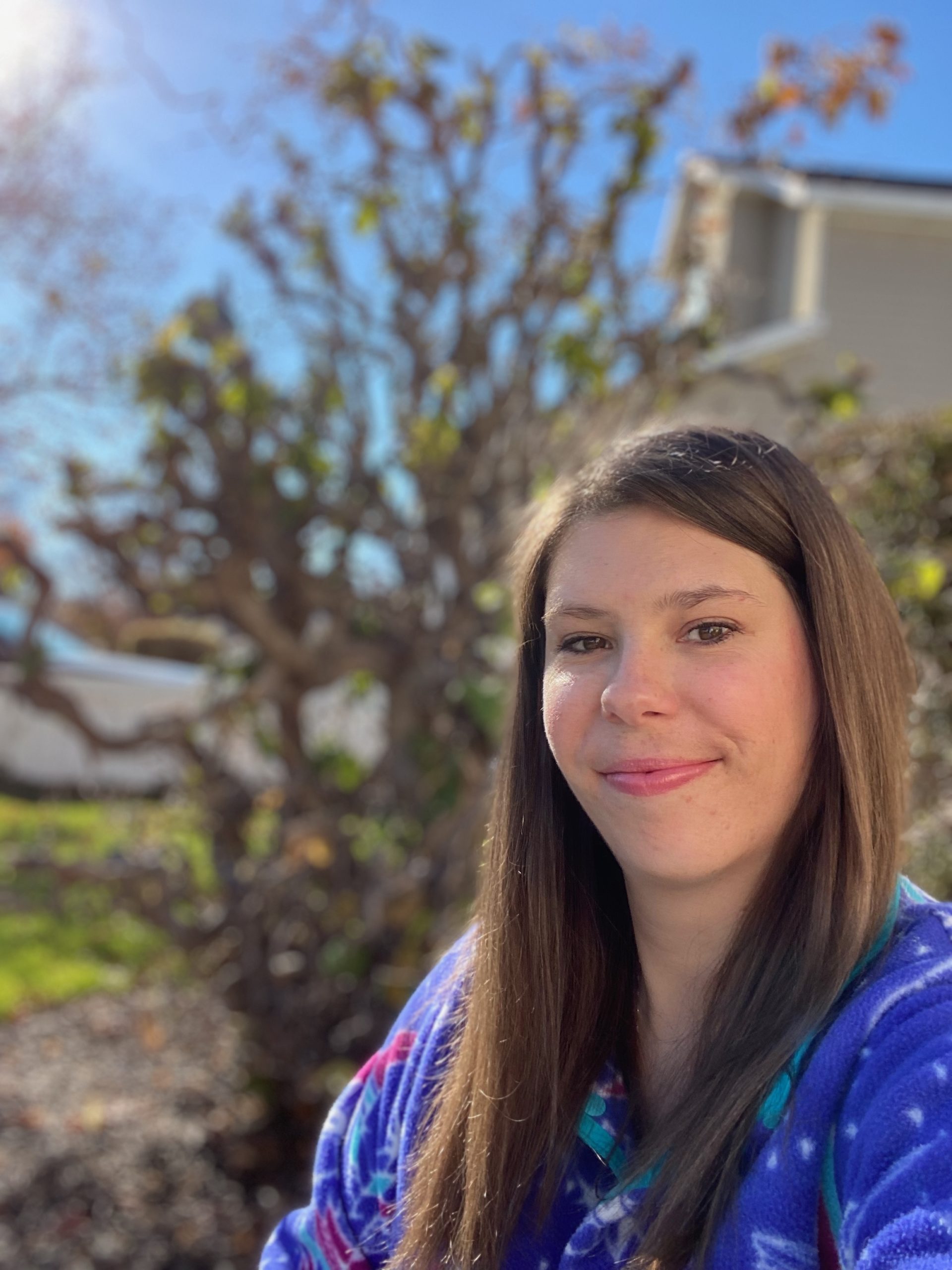
by Shaylee | May 14, 2017
Where did my comments go?
Have you ever been working on a blog post and all of a sudden the comments section has disappeared on
you or is only showing up on some blog posts and not others? If you find yourself in this situation the solution is pretty
simple.
1. Look at the top of your post screen. You should see something like this:

You may have seen the ‘Screen Options’ section before if not, here it is. Screen Options allow you to enable/disable
multiple content features on your posts as well as pages. In our case, comments. Once you open the drop down menu
you might see something like this:

2. If you are like me you are probably looking for the “Comments” box to check. You aren’t going to
find it. What you need to look for is the “Discussion” box instead and make sure you check mark that
option. Now that it is checked you can close the drop down box on ‘Screen Options‘.
3. Scroll down the Post until you see the ‘Discussion’ box appear:

This box has two options. The first option if checked will allow others to make comments on your post. If
you want users to be able to make comments on your posts then definitely make sure it is checked. If you
don’t want them to make comments, uncheck the box.
4. Make sure to Update/Save Draft/Publish your page and you will be all set. When you preview you the
Post you should now see this:

Your comment section might look a little different from mine and that is ok. The main idea here is that
your users now have access to comment on your blog post and leave whatever feedback they desire.
Thank you 🙂 I hope this helps!

by Shaylee | Apr 8, 2017
A little over a month ago I started a new gig as a WordPress consultant. It has been a fun, interesting,
and an eye opening experience. I’ve been working with individuals from all walks of life, with different
skills and abilities. It got me thinking about WordPress in new ways. Specifically how and why people
use WordPress. I’ve learned many new things and today I would like to share with you one of those
observations.
WordPress is supposed to be easy. What’s the deal?
WordPress can seem deceptively easy to someone who is just starting out. I have even had people ask
me what is so hard about creating a post and publishing it? It seems pretty straight forward and they are
exactly right. WordPress is supposed to be straightforward. WordPress was originally built as a
blogging platform which is why many people choose to use WordPress for their blogs. In my experience
WordPress is unparalleled to any other CMS that is out there because of how user friendly and intuitive it
is. For me the complex part of WordPress comes into play when you are designing your web pages,
building out your theme, and adding functionality to your site through plugins. That is when you start
delving into muddier waters and discover that WordPress has a learning curve.
The Learning Curve
I’ve been a Web Developer professionally for a little over a year. In my first job the agency I worked
for used WordPress. Up until that point I hadn’t really used WordPress to develop websites. I had
attended a WordCamp in the summer and knew how to create pages and publish posts, but that was
about it. My framework of choice was Django. Django is the web development framework I learned
while attending a coding bootcamp. It is based on the Python programming language which is known
to be very clean and straightforward. I thought how difficult can WordPress really be? I already know
how to create a websites using Django and how different can it really be? To my surprise it was actually
very different and not as easy as I had anticipated. I felt like the WordPress Codex (WordPress
documentation ) was overly complicated, plugins were a nuisance that restricted my ability to code
freely and that PHP wasn’t a “serious” programming language. Really though, those reasons weren’t
why WordPress ended up being difficult for me to learn. Looking back on it WordPress was difficult
for me to learn because I thought it would be easy and effortless and it wasn’t.
Today
In my current position I use WordPress as a blogger and entrepreneur not as a developer. Again I’m
faced with a similar learning curve. Instead of learning how to create, style and build
functionality for themes I’m learning how to utilize dozens of plugins, understand the inner workings of
hundreds of themes, and provide SEO support and advice.
Pep Talk:
Personally, I’ve spent several hours if not days trying to solve a single WordPress issue and this is with
web development experience. So please, do not get stressed or frustrated with something that you think
should only take you a few minutes that ends up taking you all day. It doesn’t mean you are dumb, it just
means you are still learning. That is just the nature of web development. Like I mentioned before the
part of WordPress that is supposed to be easy is the blogging system. Going into the Posts clicking add
new, creating content in the wysiwyg and publishing is supposed to be seamless. For everything else,
that is why you will find hundreds if not thousands of videos and web tutorials how about how to use
WordPress.






